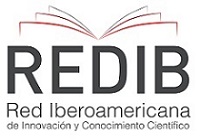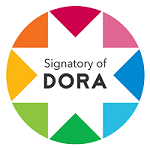Gastric Carcinoma
Risk factors. Role of Helicobacter pylori
DOI:
https://doi.org/10.33734/diagnostico.v60i2.284Keywords:
Gastric cancer, risk factors, Helicobacter pyloriAbstract
Gastric carcinoma is one of the most frequent and most lethal cancers in Peru. The risk factors are
multiple; highlighting the male sex and advanced age, high salt intake, foods preserved in salt, smoked or
dried meats and fish, pickled foods, low refrigeration, low intake of fruits and vegetables with low intake of vitamins A and C, Epstein Barr virus and Helicobacter pylori infections, radiation exposure, multiple genetic factors, low levels of physical activity, obesity, and poverty or low socioeconomic status. The infection of the gastric mucosa by Helicobacter pylori, a type 1 carcinogen, produces progressive and successive lesions that could evolve through a series of intermediate steps, from gastritis to cancer. The damage of the infection in the gastric mucosa can be reversible with the treatment of the infection except when intestinal metaplasia is reached, which often represents the so-called “point of no return”. The emergence of antibiotic resistance
of Helicobacter pylori prevents the recovery of histological lesions and facilitates the development of gastric
cancer.



























